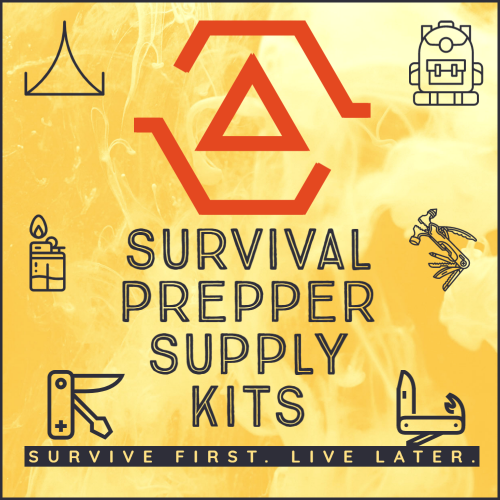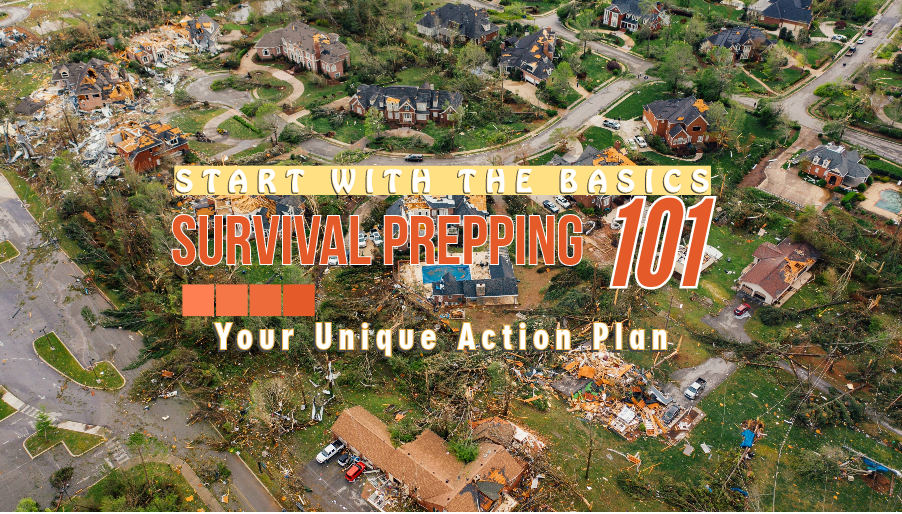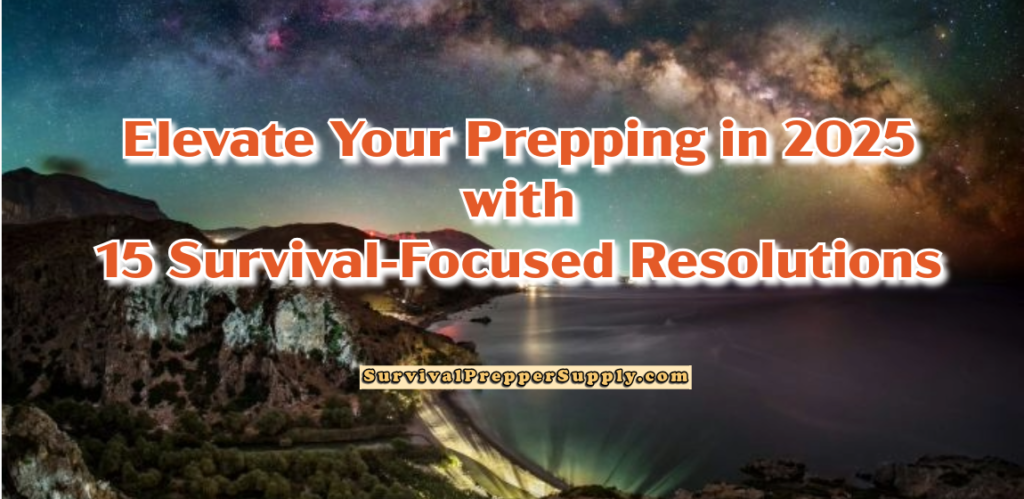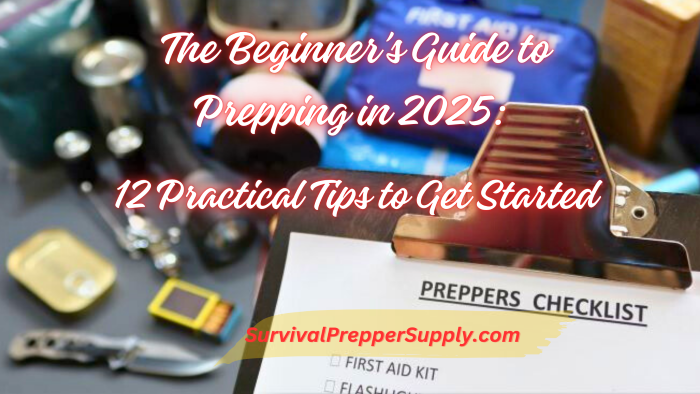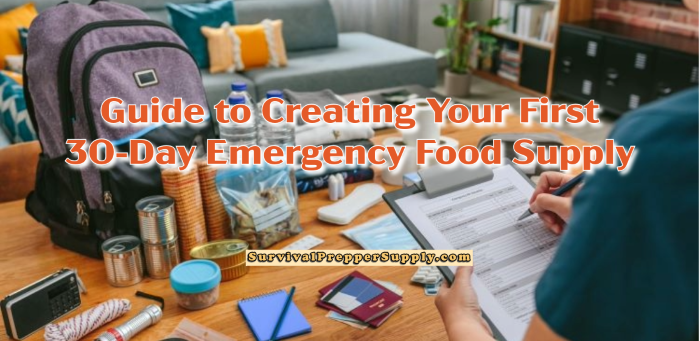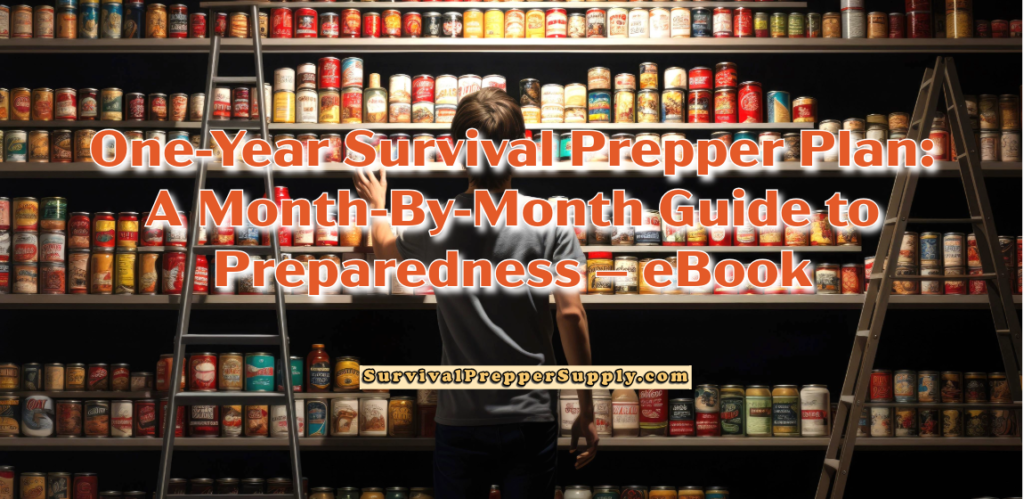The Basics of Survival Prepping 101: Everyone Needs Their Unique Action Plan
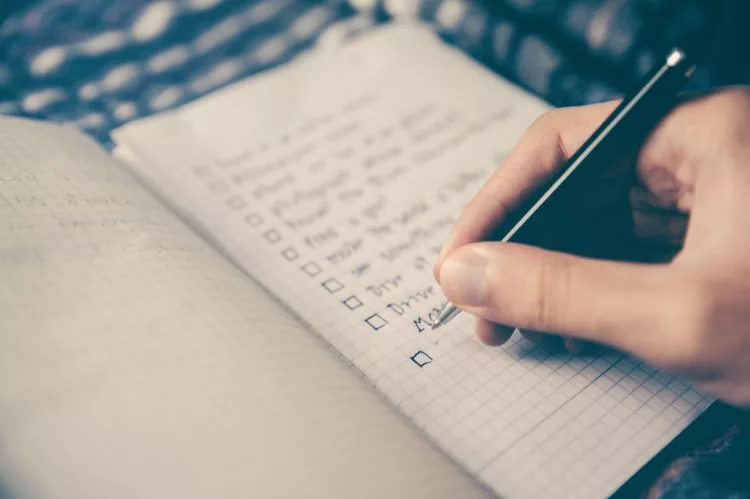
This is the Pillar Post for The Basics of Survival Prepping 101. There are (will be – coming soon) 30 associated articles. Associated checklists in PDFs are available to download. See bottom of posts.
If you’re considering becoming a
A prepper survival strategy is a personalized approach that considers your existing skills and knowledge and your location, family, and other relevant factors.
Related – The Ultimate Bug-Out Bag Guide: Your Comprehensive Disaster Preparedness Companion
It’s crucial to be well-prepared on all levels – from tangible necessities such as food and water to emotional comforts, financial planning, etc. Being prepared is not something that should be delayed until it rains.
Now is the time to prepare for any eventuality, whether a power grid failure during a winter storm, a solar flare, civil disturbance, economic turmoil, or anything else. Predicting what will happen is impossible, so you must begin preparations immediately.
People used to avoid adopting a prepping mindset because they believed that those who did appeared insane. Public opinion shifted when the COVID-19 pandemic struck; many wished they had prepared for such an emergency.
By ensuring that you have the necessities, a sound financial plan, and a well-thought-out strategy, you will feel prepared to confront any challenge, whether it is a natural occurrence or a man-made event.
Related – S.M.A.R.T. Plans for Survival Preppers, Part I
Related – S.M.A.R.T. Plans for Survival Preppers, Part 2 (includes a downloadable PDF)
In times of crisis, don’t depend on the government or any other organization for help. While this may work for smaller incidents, in the event of a major catastrophe, these organizations will become overburdened, and you’ll be left to fend for yourself.
Emergency Planning Is Not Enough
Many new preppers commit the error of preparing for a brief crisis. Instead, they should consider adopting it as a way of life to gain long-term tranquility and safety for themselves and their families.
It’s about controlling your money to live a happy and fulfilling life, using fewer resources, enhancing your health, and preparing for unexpected events that might cause stress.
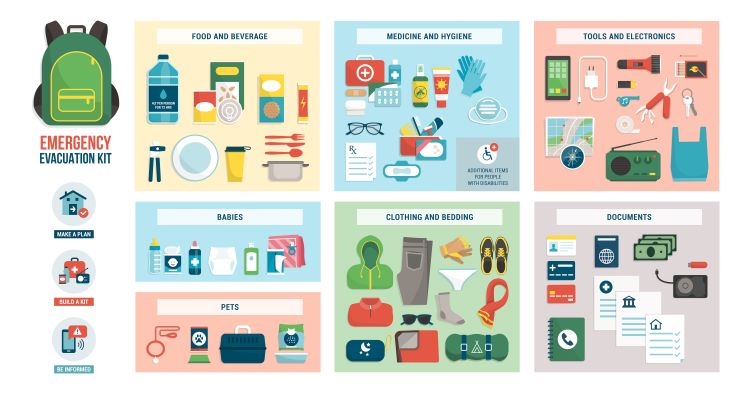
In this world, you want to rely on yourself. Learning survivalist techniques will enable you to handle any circumstance effortlessly. If you cannot afford a specific product/service you are accustomed to, you will have a backup system in place that can meet your requirements and needs.
If you are a novice in survival preparedness, seek out a welcoming community willing to share their knowledge and guidance. Having connections you can call upon when you need assistance is always beneficial.
Read – Make Your Own Antiseptic Ointment
In a significant survival situation, you might form an acquaintance with someone who lives nearby with whom you could exchange goods or services. This type of community could be incredibly valuable.
Each Person’s Plan Will Vary
As stated previously, your plans will be unique. They will not be the same as those of your family members, neighbors, friends, or even individuals you’ve interacted with on the internet.
The specifics of your prepping approach will differ from those of others, considering your location, family demographics, and financial situation.
If you don’t have a lot of money, you might not be able to invest in a top-of-the-line generator, but you could purchase items like solar cookers or lanterns. Your financial plan should be tailored to your situation rather than what everyone claims they are buying.
Another factor that is unique to you is your personal preferences. You may require foods that are different from those recommended in survival forums. Or perhaps you possess a solid attachment to certain brands of equipment.
Your preferences for entertainment, luxury goods, and even the clothes you wear during a disaster are entirely up to you.
Depending on your circumstances, you might need to tailor your emergency preparation plan to your needs. For instance, if you have children, you must consider their ages and needs. Similarly, if you have a pet, you’ll also need to plan for them. Additionally, you may need to adjust based on any medical conditions your family may have.
Related – Crisis Checklist: Saving Your Pet’s Life When Disaster Strikes
Depending on the dietary requirements of the person you are with, you may need to purchase specific medication or prepare food items. While this isn’t a life-threatening scenario, it is vital to be at ease during such situations.
The location of a prepping site is not just about the contrast between hot and cold environments. Rural preparedness plans are distinct from those made by urban survivors. Laws may also regulate what you can do, like collecting and storing rainwater.
Related – A Survival Water Storage Guide to Using Rainwater for Simple Living
Prepping Requires You to Prioritize and Organize
Regarding emergency preparedness, everyone must exhibit organization and prioritization skills. While specific priorities will be similar for all individuals, it is crucial to identify your individual needs.
For instance, although many erroneously prioritize stockpiling food, having an adequate water supply or the means to purify it is crucial since you will live much shorter without water than food.
Related – Bushcraft – Part 3 Safe Water for Survival
If you already have a system planned, you can move on to other items on your priority list. If you’re starting from nothing, you should prioritize obtaining clean water before moving on to food and constructing shelter. After that, make sure you have a first aid kit.
It’s crucial to arrange your survival gear to find what you need whenever necessary quickly. Whether you’re organizing a compact emergency kit or a storeroom filled with your belongings, ensuring everything is neatly organized and easily accessible is vital.
One good example is organizing your food based on canned goods and rotating their expiration dates to ensure that you use up items close to expiring and store new acquisitions at the rear.
Related – Survival Prepping 101 Series Part 3: Start Storing the Appropriate Types of Food
Another option is reserving a particular area for comfort, amusement, or luxurious possessions. Use these only on special occasions, such as during severe circumstances, to lift everyone’s spirits.
During a severe crisis, you may have a designated area where you keep items that you intend to use to trade. For instance, in a dire situation, things like chocolates, tobacco, and alcohol could be simple transactions to strike with other individuals who need essential items such as equipment or sustenance.
Read – Supplies You Can Scavenge from Vehicles after the Collapse
Ensure that your organization system allows you to access essential materials at any time, regardless of their location. This means you should store essential items in various places, both within your house and beyond.
You may possess certain items stored in your car, others in your bug-out bag, and still others in a location you can reach if you lose access to what is at your home.
With proper preparation, organization, and the ability to adapt to unforeseen circumstances, you and your family can thrive during a survival scenario, regardless of whether it occurs suddenly or not.
Basic Survival Prepper Checklist PDF download
Read Next – Survival Prepping 101 – Part 2: Water Purification & Storage
I’m the daughter of 2 original survivalists who moved from the north to sunny Florida. My mother, along with her parents, bought 30 mostly uncleared acres in 1938. The first home was made of pecky-cypress and built by a house-raising. My mother raised 10,000 chickens.
My divorced mother met and married my father in 1948. From pine trees on our property, he hand-built a log cabin. He also built a tarpaper-lined 65’x45′ pool with duck pond overflow. We had an artesian well for our water and powering our hand-built waterwheel for the pool. He built a substantial cantilevered roof workshop with a car pit in the massive cement floor.
Since my early teens, I have read a ton of books about survival, prepping, the bomb, an apocalypse, homestead living, and SHTF situations. As an adult, I continue to read sci-fi, survival prepping, and science. I practice a prepper lifestyle albeit a bit modified, read a lot, buy a lot, pack/store a lot of anything survival related.
Read my About Me post for more details on our self-sufficient living. I lived there until I went to college in 1968.
My SurvivalPrepperSupply.com blog strives to educate individuals on coping with natural and human-caused disasters using article posts about preparing for emergencies.
